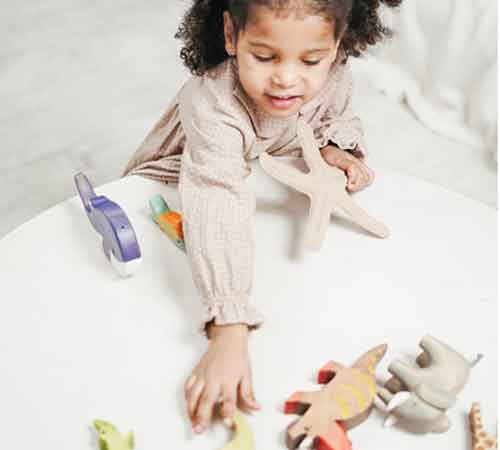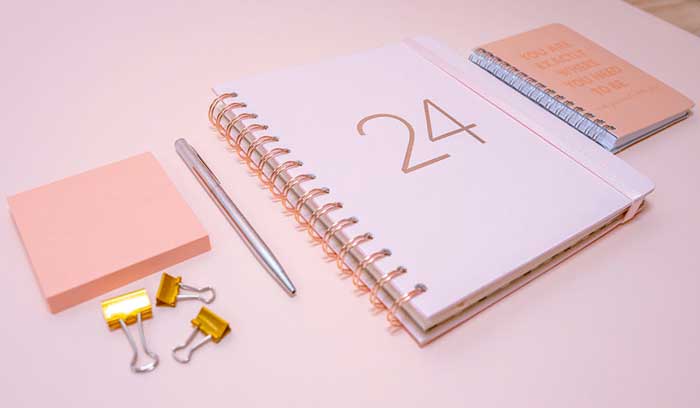

1. Make Most Things About Learning
You likely use verbal or quantitative reasoning every day, whether it’s to calculate how much the distance to the market or how many eggs you’ll need for dinner.
Instead of doing this quantitative reasoning in your head, say it aloud.
Your kids may not understand it all at first, but the exposure will help them be smarter.
For example: “This pizza has 10 slices, which will give 5 people 2 slices each. We’re having 4 people over tonight, so we should order a second pizza and have leftovers.
2. Incorporate Learning (counting) Into Your Speech
Counting is perhaps one of the most basic math lessons you can use in your everyday life.
If you naturally incorporate counting into your speech, your child/ren will start picking up on it and doing it themselves.
You can choose to take it a notch further by counting backward as well as forwards; then move on to counting by twos, threes, fours, fives, and so on. For example, you could count with them how many:
- Plates you need to be on the table.
- Toys are in the toy bag.
- Traffic signs are on the way to school.
- Stairs are on the staircase.
3. Have Fun With Music
It’s been proven that there’s a connection between learning and playing music and being a smarter person. Plus, playing an instrument can be quite fun. Your child/ren will need to learn to count, as well as learn to think abstractly.
4. Have Family Game Nights
Playing board games (with family members) can help develop math skills in a low-stress environment.
Depending on the age of your kids, you can try games like Monopoly, Ludo, Video games, card games, etc. during impromptu or planned family game nights.
5. Give Them Some Screen Time
These days, there are a lots of educational apps and even video games developed with the sole aim of grooming math, critical thinking, and language skills with your kids.
You can try apps like Wuzzit Trouble, King of Math, etc. available on most phones and tablets.
Have you read: How To Develop Good Parent-Child Relationship
Also, online video games, particularly ones that have currency and require puzzle-solving skills, can help older kids work on problem-solving skills, too.
However, don’t give them too much screen time, because spending all day at the computer will interfere with your child’s social and academic life.
6. Relate Learning To Day-to-day Activities
You probably use math on a day-to-day basis. So, you can make the most of it by pointing it out when you find yourself using math to show your kids where math is relevant. The goal is to do this every day. For example, you could try: comparing prices at the supermarket, measuring ingredients for a recipe, and calculating sale discounts.
7. Use Building Toys To Teach Your Kids
Building toys can help your kids gain knowledge of a bunch of things ranging from motor skills, creative thinking, quantitative reasoning, project management skills, etc.
These toys can be ones with pipes and joints, interlocking blocks, or even interlocking logs. They also help your kid understand how parts form a whole. Legos is a popular and great example of building toys.
Other ways you can solve the quest of figuring how to teach your children with everyday items at home could include:
- During laundry time, count the items as you pick them out of the basket.
- Teach sequence by establishing daily routines.
- When you are on a walk with your child, point out the shapes you find on your path.
- Teach shapes and colours by pointing them out in fruits and other foods, maybe as they’re about to eat them.
Find more resources on parenting here.




[…] Also Read: How To Teach Your Kids Maths With Everyday Items At Home […]